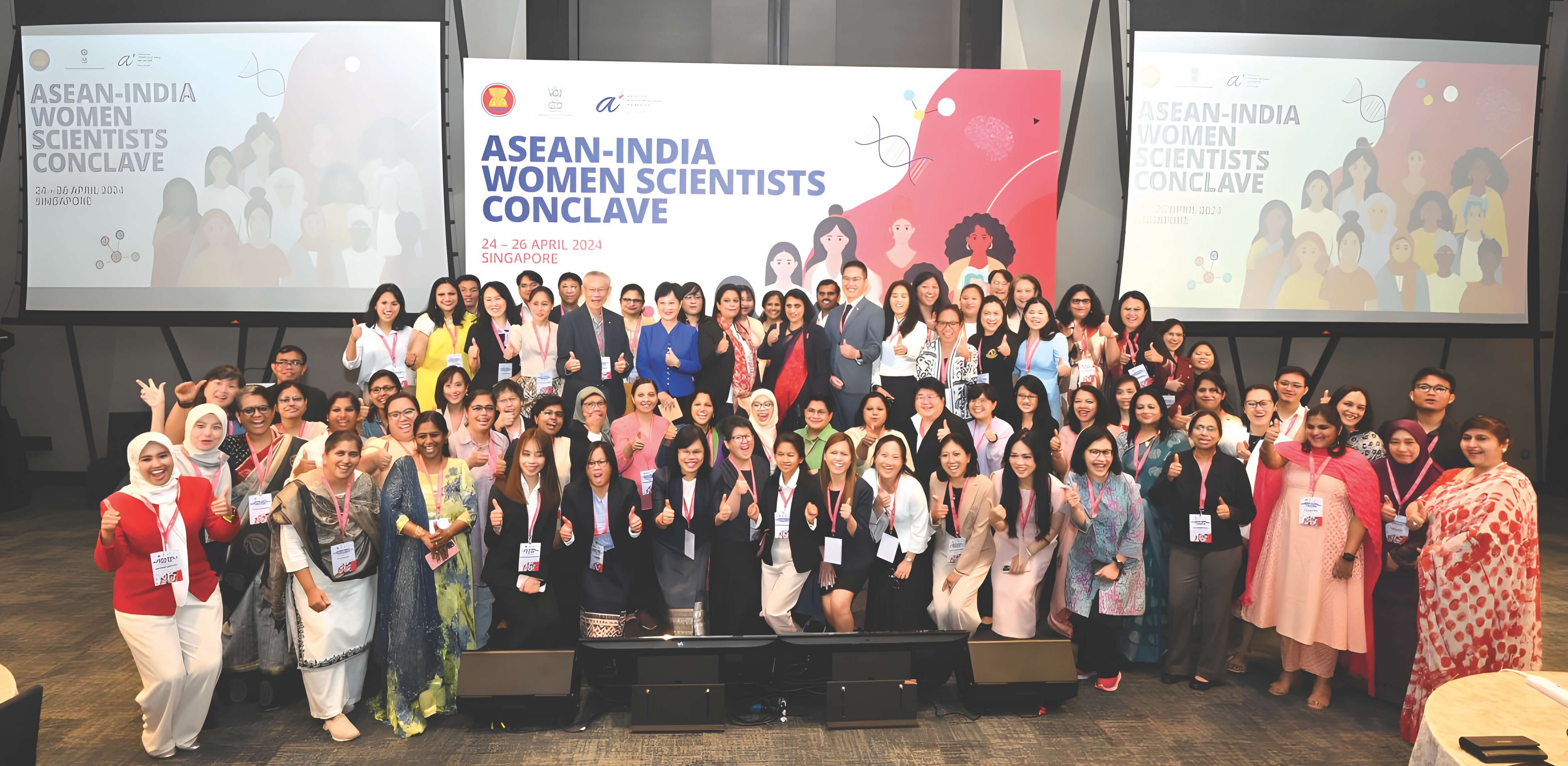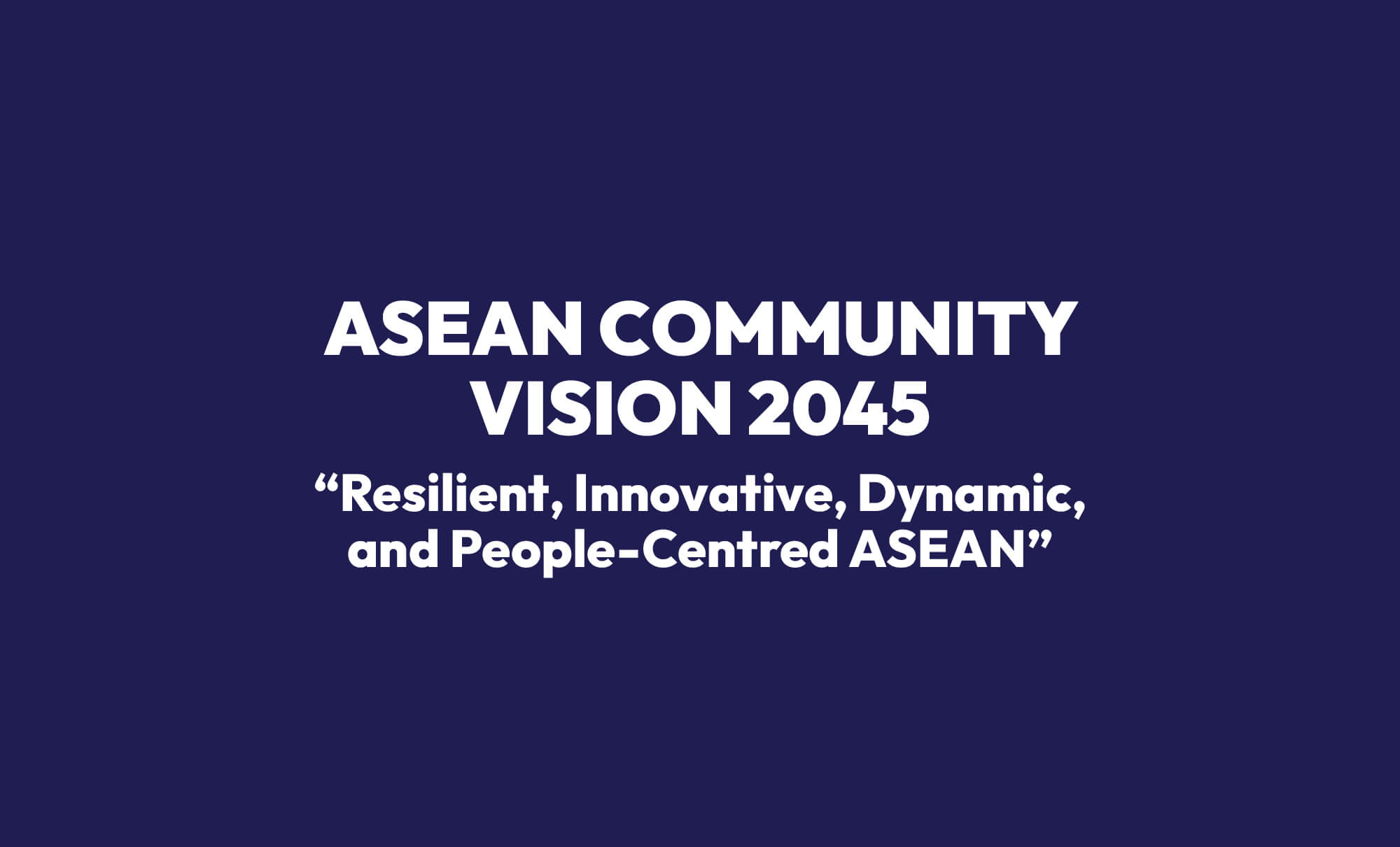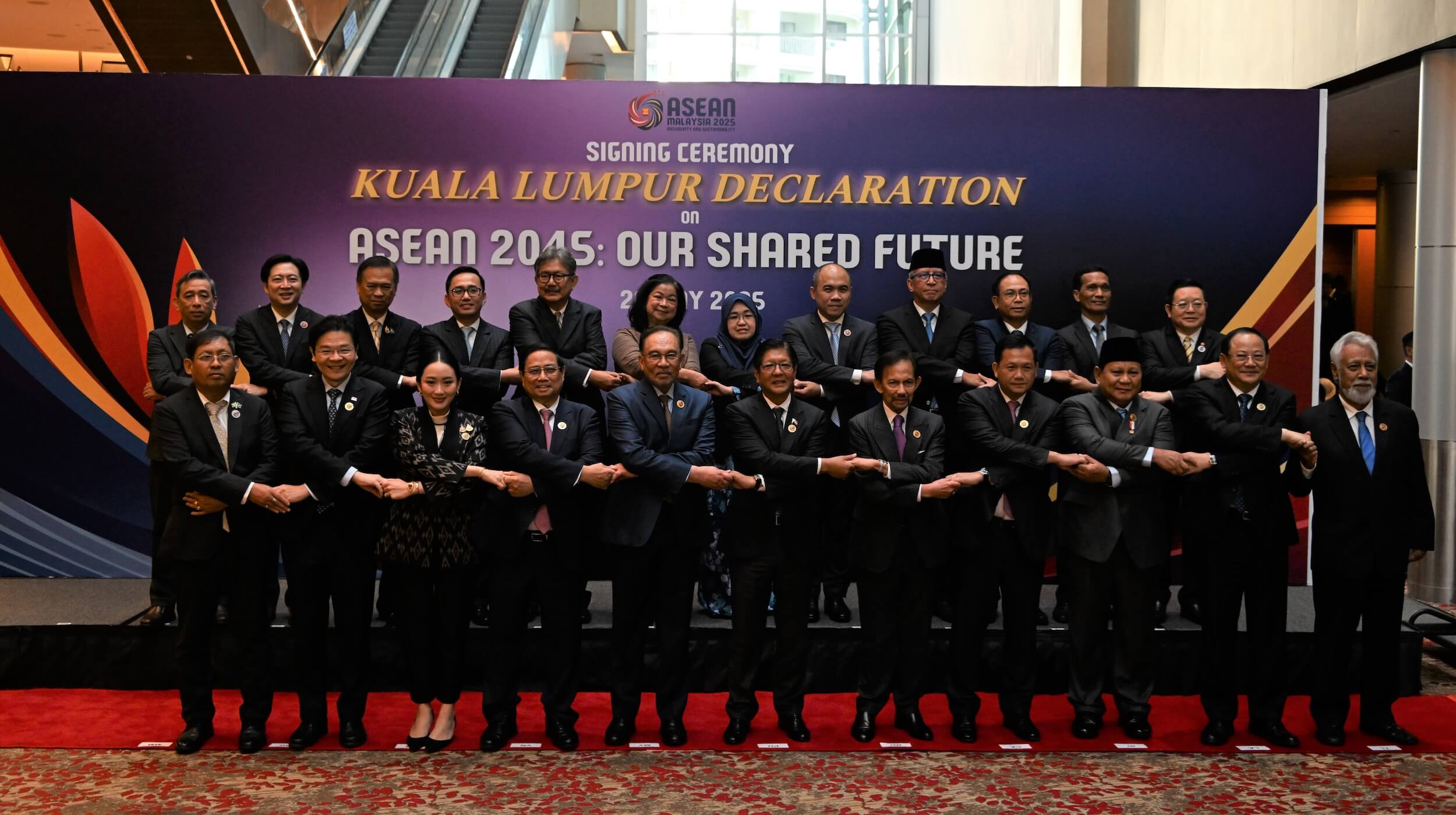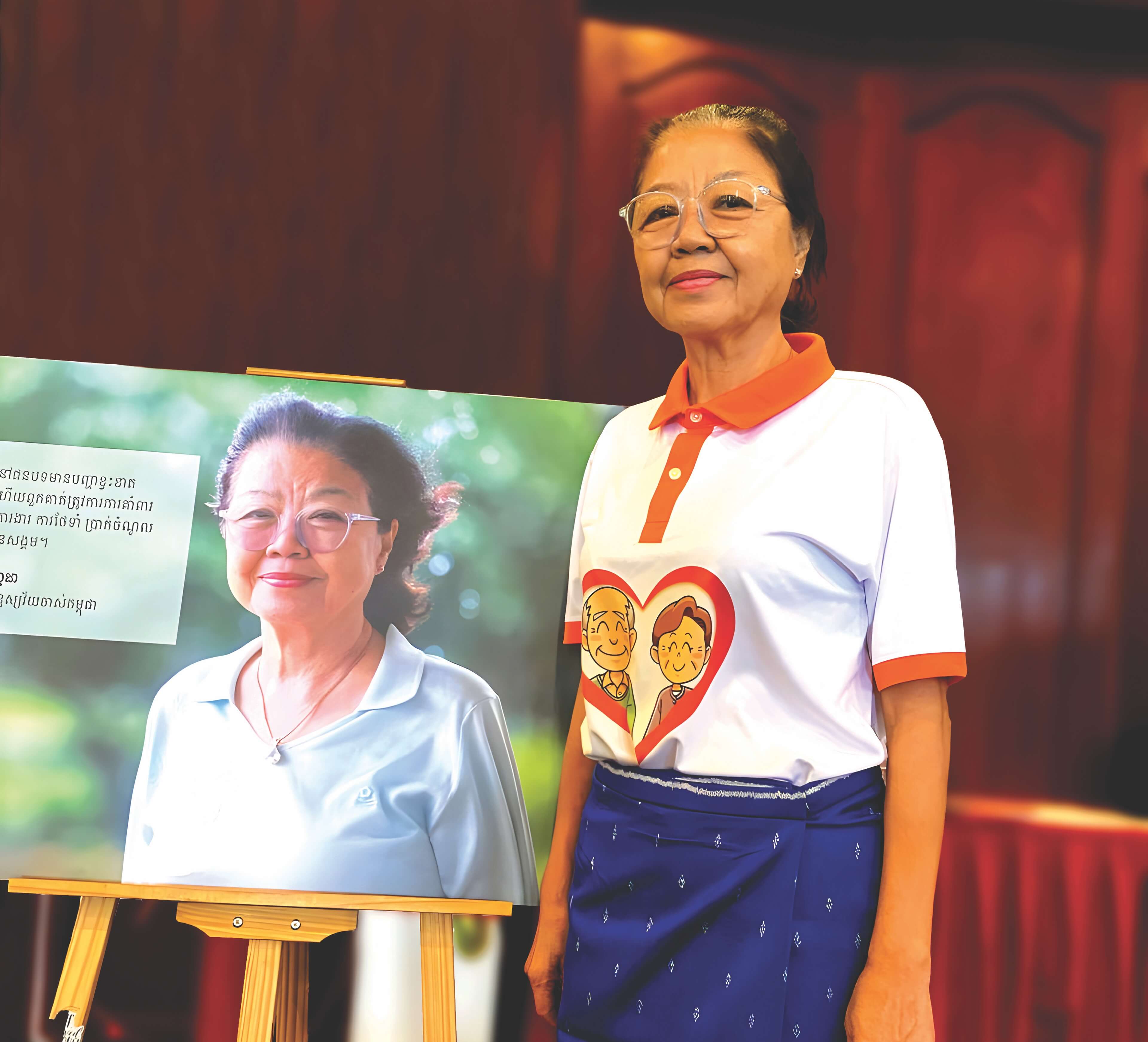Archives: Articles
Asmah Husaini, PhD: Preserving Dignity Through Care
Harnessing Canada’s Clean Energy Expertise to Power ASEAN’s Sustainable Development

Over the past few decades, ASEAN has rapidly grown into one of the world’s fastest-expanding economic regions. Nations like Indonesia, Viet Nam, Thailand, and the Philippines have consistently posted strong GDP growth rates. The ASEAN economy is projected by the Asian Development Bank (ADB) to grow by 4.7 per cent in 2025, and ASEAN is … Harnessing Canada’s Clean Energy Expertise to Power ASEAN’s Sustainable Development
Women in Diplomacy: Ambassador Vicky Singmin, Mission of Canada to ASEAN

Ambassador Vicky Singmin shared her perspectives on ASEAN-Canada cooperation and outlined strategic partnership priorities for the coming decade, focusing on people-to-people connection and free trade partnership. She also emphasised Canada’s global leadership in advancing gender equality and women empowerment, particularly through its commitment to the Women, Peace and Security agenda. Ambassador Singmin joined the Canada … Women in Diplomacy: Ambassador Vicky Singmin, Mission of Canada to ASEAN
ASEAN-India Women Scientists Conclave: Creating Spaces for Growth and Visibility in Science

The first ASEAN-India Women Scientists Conclave, held from 24–26 April 2024 in Singapore, was a meaningful step in advancing regional collaboration and gender equity in STEM (Science, Technology, Engineering, and Mathematics). It was organised under the ASEAN-India Framework by the Department of Science and Technology (DST), Anusandhan National Research Foundation (ANRF), Government of India, in … ASEAN-India Women Scientists Conclave: Creating Spaces for Growth and Visibility in Science
Towards a more inclusive and barrier-free Philippine tourism

Philippine tourism remains at the forefront of the country’s local economy, contributing an all-time high of 760.50 billion Philippine pesos (approximately 13.2 billion US dollars) in tourism revenue from inbound tourism expenditures in 2024. Approximately 16.4 million Filipinos are employed by the tourism industry alone, accounting for over 34 per cent of the country’s national … Towards a more inclusive and barrier-free Philippine tourism
New ASEAN Gender Outlook Reveals Progress, Gaps in Gender Equality and Empowerment
Parliament at the Forefront for Inclusive Growth and Sustainable ASEAN

In 2025, the Parliament of Malaysia is honoured to assume the Chairmanship of the ASEAN Inter-Parliamentary Assembly (AIPA), a crucial role in fostering regional parliamentary cooperation. As ASEAN stands at the crossroads of unprecedented global challenges and opportunities, AIPA remains steadfast in its commitment to ensuring that parliamentary institutions lead the way in advancing inclusive … Parliament at the Forefront for Inclusive Growth and Sustainable ASEAN
ASEAN Community Vision 2045: “Resilient, Innovative, Dynamic, and People-Centred ASEAN”

The ASEAN Community Vision (ACV) 2045 supports the Strategic Plans of the ASEAN Political-Security Community, ASEAN Economic Community, ASEAN Socio-Cultural Community Pillars and Connectivity. It includes enhanced institutional capacity and effectiveness in addressing global and regional challenges.
ASEAN Community Vision 2045: Our Shared Future

On 26 May 2025, the Leaders of ASEAN Member States signed the Kuala Lumpur Declaration on ASEAN 2045: Our Shared Future. Secretary-General of ASEAN, Dr. Kao Kim Hourn, took part in the Signing Ceremony of the Kuala Lumpur Declaration on ASEAN 2045: Our Shared Future. With the signing of the Declaration, the ASEAN 2045: Our … ASEAN Community Vision 2045: Our Shared Future


